My monthly newsletter and workshop are meant to inspire you to reflect, act, and develop greater confidence and relational intelligence in all of your relationships. This month's theme is: New Relationships. To continue the conversation, join me for a free live workshop on this month’s theme on Wednesday, January 19 at 3pm ET.
Shall We Begin?
It feels so good to click with a new person romantically. Conversation flows. Inside jokes develop. Every little touch on the arm, a growing frisson. Perfect evenings lead to soft weekend mornings soaking up each others’ glow, sharing stories over coffee, having sex, showing each other new music, having more sex…. When we’re apart, the anticipation grows until the next time we meet up. And we want to meet up more than anything. This new person moves from the periphery toward the center of our lives. We begin to organize our time, thoughts, and plans around someone who, just a few days or weeks ago, we never even knew existed. Everything indicates forward motion, and then, one day, maybe a few weeks or months in, something changes. Time stretches between communications—followed by non-committal answers, growing vagueness, and an altogether thinning. Something, it becomes clear, has unclicked.
Has this ever happened to you?
Unclicking happens in life… a lot. We date exponentially more people than we marry, so it’s fair to assume that every seriously-partnered person out there is carrying around a few half-started situationships, lost loves, and heartbreaks. Exploring new relationships is a part of life. So is ending them. But even after decades in a mostly happy, healthy, committed partnership, every now and then that strange pang of long-ago rejection can pop-up (usually when we’re feeling insecure about something entirely unrelated in our contemporary life).
I still remember when, after a month together, a guy I was dating in university came to me to say he no longer wanted to continue. (At the time, we still broke up with people in person.) I was blindsided. For weeks, I carried a small torch of hope that we would reconcile. I went to all the places we used to go together: the cafeteria, the spot on the lawn, the cinema, gatherings with mutual friends. But he had vanished, taking with him our shared routines and rituals—and a good chunk of my self-worth. For months, I saw nobody and thought that nobody saw me. And then, eventually, my eyes opened again. I felt the invitation in me that would allow someone new to enter. It was the first time I experienced this, but it would not be the last. For a long time, I carried the belief that the next love would help repair the shards of the previous breakup. It helped, but not as much as accepting the reality: there is no love without the threat of loss.
In my 20s in Belgium, the general rule of dating was that when one chapter ended, another began. This meant that, if you weren’t in a long-term relationship, dating was a constant cycle of beginnings and endings. Modern dating is vastly different, but these age old patterns of nascent exhilaration and agony have remained fixed. We hope. We hurt. We hope and hurt with someone new, mostly healing on the shoulders of friends. And maybe, eventually, we find someone with whom we endure the ups and downs together for a very, very long time—not as an experience of validation or rejection that makes or breaks a relationship, but as a part of the relationship itself.
The tricky part with dating, particularly when it comes to a few months in, is that we don’t have any way of knowing definitively which way it’s going to go. And so, if we want to be in a romantic relationship, we have to keep trying. Time alone is very important, too, but cultivating an openness to possibility makes life richer. Perhaps counterintuitively, it helps to know that heartbreak is inevitable whether we’re together for a few months or for the rest of our lives. The difference is whether we’ll part ways to heal on our own or do it together.
Let’s Turn the Lens on You
Answer these questions for yourself—then ask them.
- What do you most enjoy about the beginning of relationships?
- What do you dread about the beginning of relationships?
- What questions would you like to ask me but are too afraid to ask?
- How do you feel about monogamy?
- How do you feel about polyamory?
- What is your idea of a perfect romantic evening?
- What is an aspect of sexuality that feels mysterious to you?
- Where is the strangest place you’ve had sex?
- What non-sexual thing feels sexual to you?
- Do you have any big deal breakers?
- What are some “green flags” for you in relationships?
More From Esther
“Promises and Resolutions” / a newsletter
What if we tried to better understand how the parts of us which we perceive as shameful hold us back—instead of burying them under unfulfilled gym memberships and the dreaded quest to “be our most authentic selves?”
“Dating Advice for Turning a Spark into a Flame” / an article
What determines the success or disappointment of a first date? It's not all about the immediate spark. Read more to explore my dating advice that will point you away from playing games and toward creating authentic connections from the start
“Six Essential Practices to Improve Listening Skills in Relationships” / a recent article
The qualities that make a good listener may seem obvious, but they can be quite nuanced. It’s a delicate balance of receiving and reciprocating—taking information and giving attention and care. The way we listen shapes the conversation as much as the way we speak or respond.
Conversation Starters
A compendium of highly recommended sources of inspiration and information
I’m Experiencing:
- Ten years ago, the concept of “collective healing” was barely acknowledged, let alone “collective resilience.” The new edition of my husband’s book “Collective Trauma, Collective Healing,” has recently been republished as a classic. Congratulations Jack Saul. You are truly a visionary, always a step ahead of the collective imagination.
- Each year for the holidays, my son, Noam Saul, gifts me a curated playlist of music from around the world. Interestingly, there are 17 languages on his list—and I, myself, speak quite a few (9)—but Noam and I have often not been the best verbal communicators. Music has narrowed the gap between us. It is, for me, a window into his soul and, for him, into mine. You can listen here.
- I’m excited to be teaching In Search of Eros: Navigating Love, Lust, and Commitment at the Wisdom & Wellbeing Weeks at Blue Spirit in Costa Rica January 15-22, 2022. I welcome you to join me there.

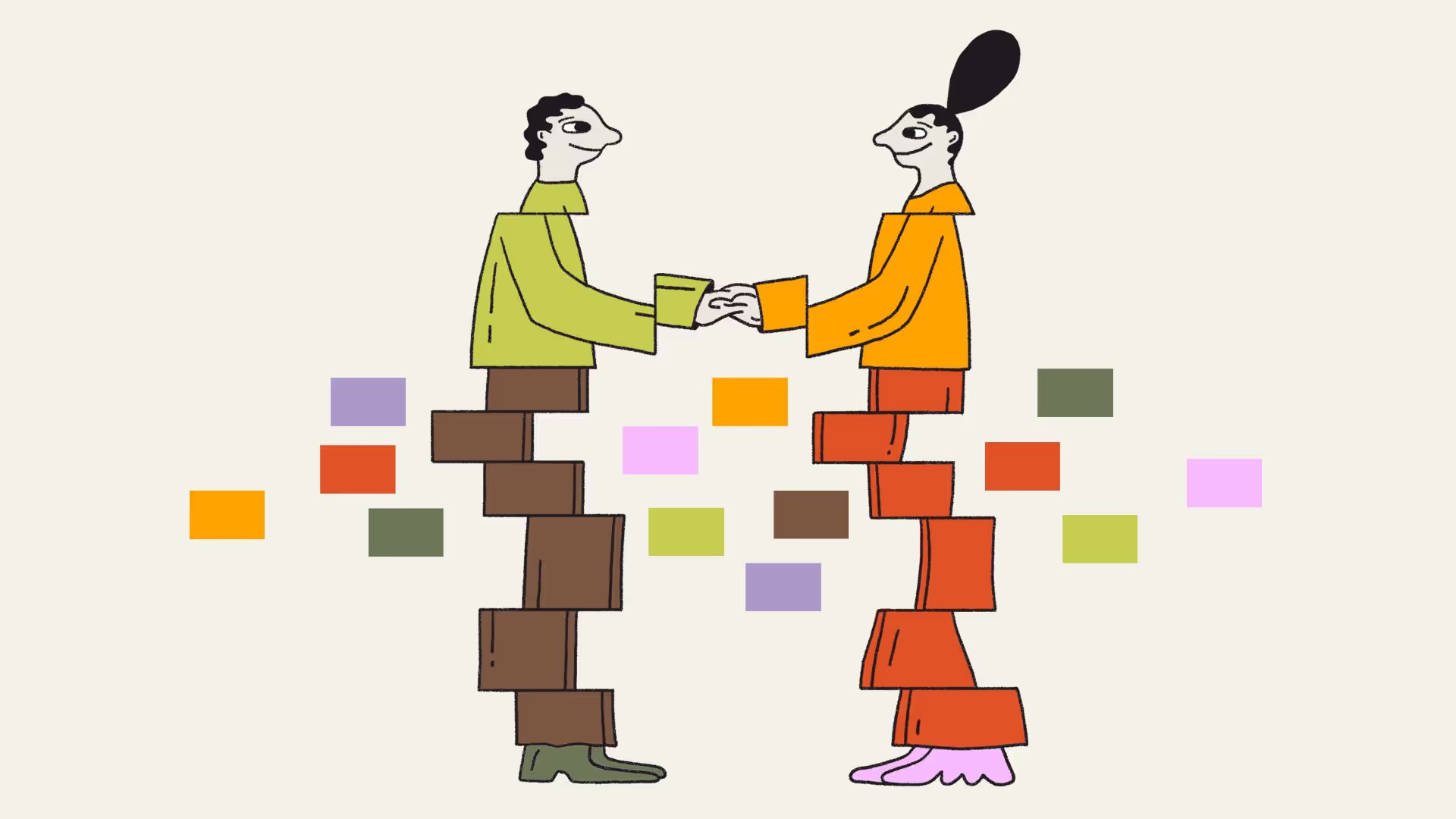


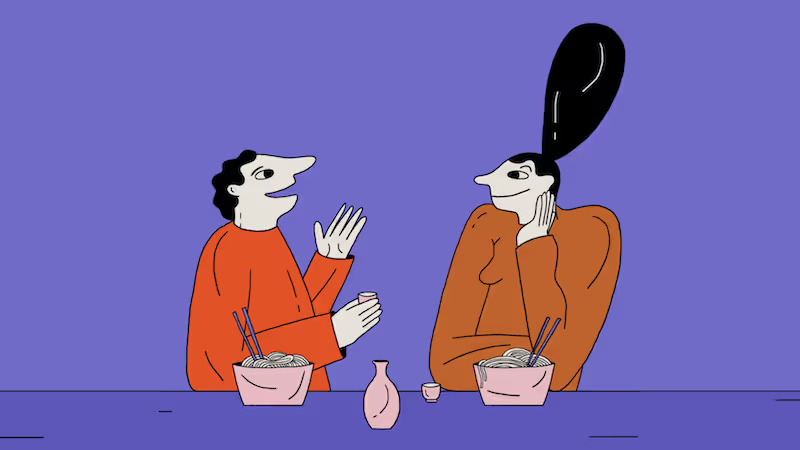
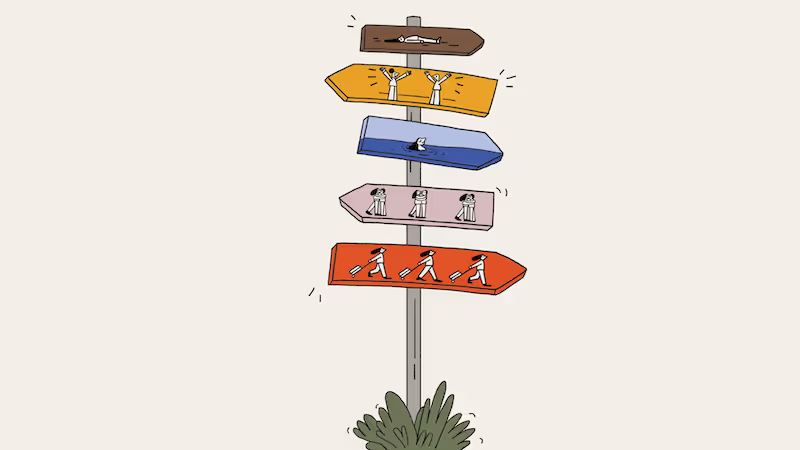
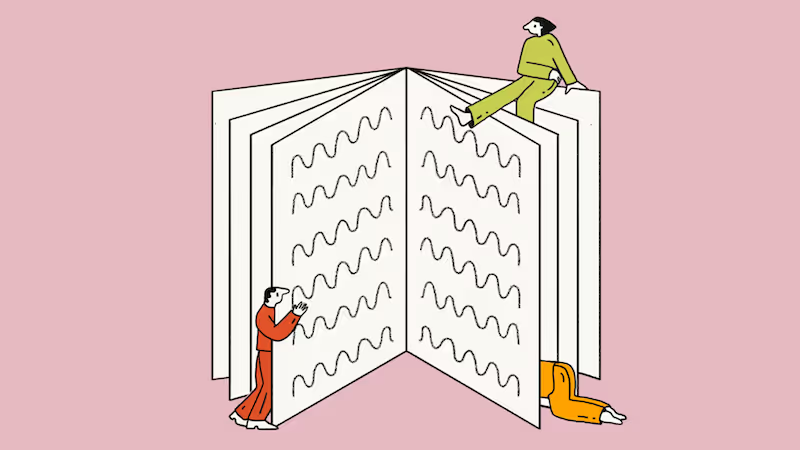
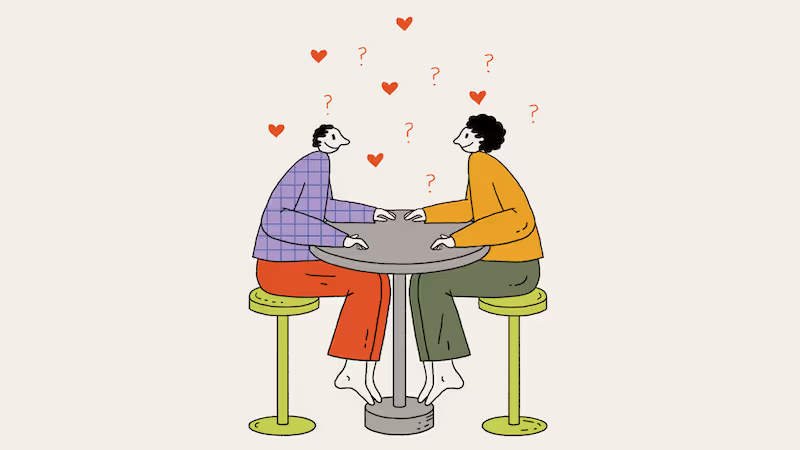
.svg)





